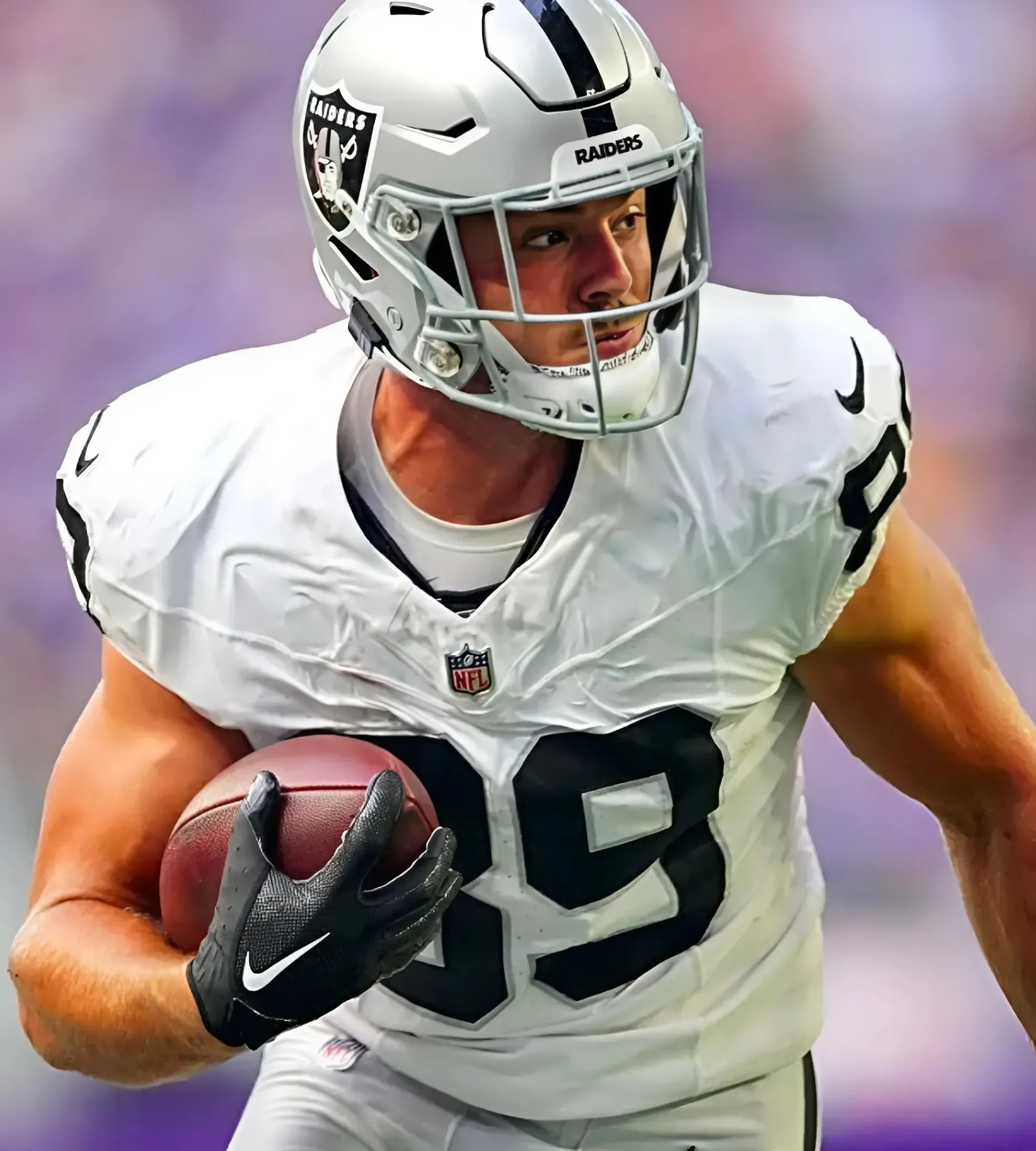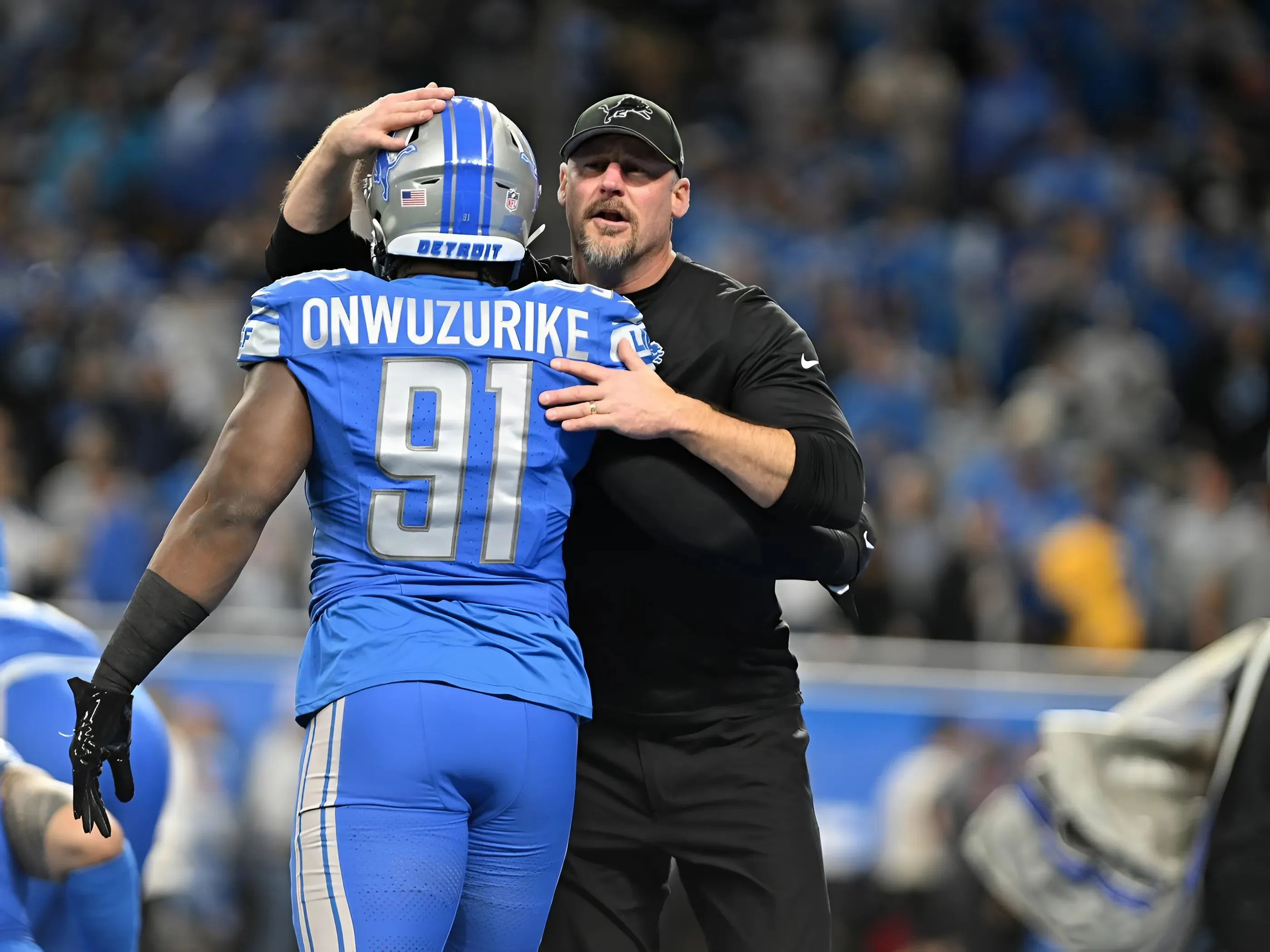The Chicago Bears entered the 2025 NFL Draft with something they hadn’t possessed in a long time—momentum. For a fanbase that’s seen far too many false dawns, the arrival of Caleb Williams was reason to believe this time might actually be different. General manager Ryan Poles had already made savvy moves in free agency and was lauded for surrounding Williams with an arsenal of playmakers. The buzz was real. The vision was compelling. However, somewhere along the line, conviction blurred into a bit of carelessness. For all their smart maneuvering, the Bears may have fumbled the most crucial part of the offseason—the draft. And it all started with one avoidable mistake: selecting Missouri wide receiver Luther Burden III in the second round.
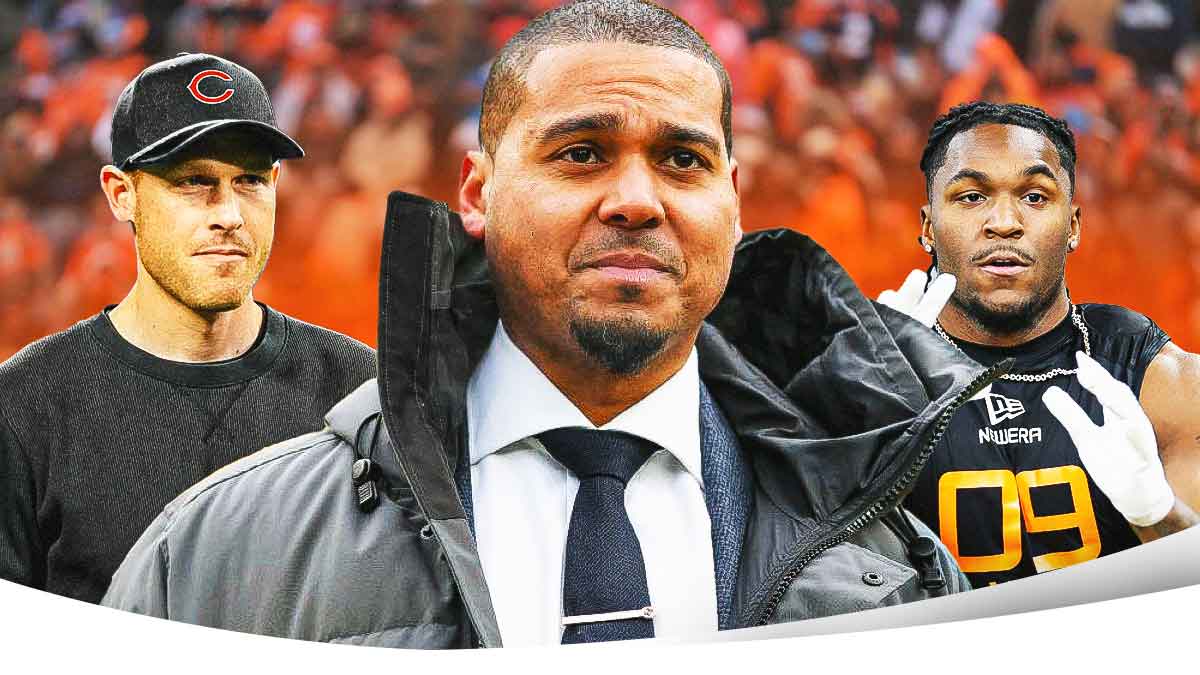
Draft Needs: The Table Was Set—But Not for This
Chicago’s offseason aggression was supposed to set the table for a best-player-available approach in the draft. Poles himself said as much. This basically signaled that their free agency moves meant the board was wide open. In theory, this was true. In practice, there were still gaping needs that required long-term solutions. The left tackle position primarily remained a question mark. Note that Braxton Jones is entering a contract year and showed mixed results against elite edge rushers. The backfield had been bolstered by the addition of D’Andre Swift. Still, it lacked a complementary bruiser or change-of-pace threat. And on defense, the Bears still needed a true disruptor. They needed someone who could bring double-digit sack potential either from the edge or the interior line. So yes, the board was open—but it shouldn’t have been that open.
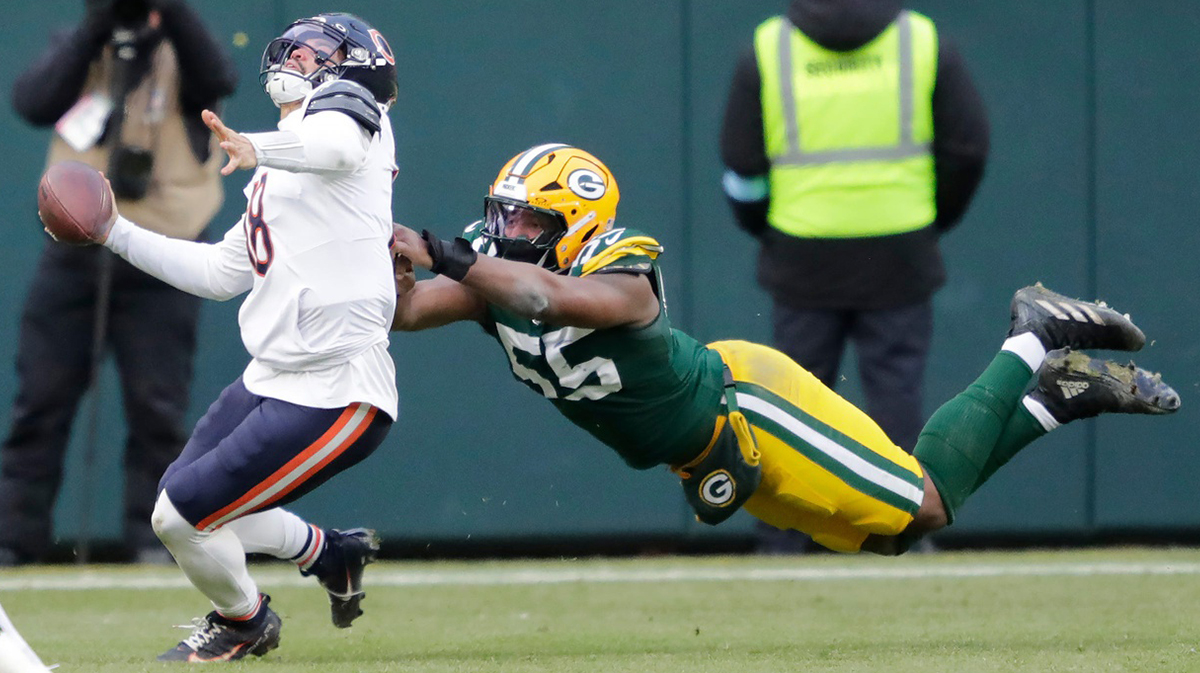
Here we'll try to to look at the biggest mistake that the Chicago Bears' executed during the 2025 NFL Draft.
Reaching for Burden
The Bears' draft weekend will be remembered more for the hype than the substance. Yes, Williams has plenty of toys now. These include first-round tight end Colston Loveland and 2024 first-rounder Rome Odunze. That said, after a strong start to the offseason, Chicago made a questionable call when it used its second-round pick on Luther Burden III. He is a dynamic but redundant wide receiver out of Missouri.
Let’s get something straight: Burden is a talented player. At Missouri, he was electric with the ball in his hands and showed flashes of the kind of playmaker who can thrive in a modern, spread-out offense. He has shades of Deebo Samuel in his game. This is particularly true with his ability to break tackles and operate in space. That doesn’t mean he was the right fit for Chicago, though. That's especially not now, not with this roster construction, and certainly not after what the team invested in Odunze and DJ Moore.
Flash Over Fit
Even more puzzling is what the Bears passed up in order to get Burden. At this point, offensive tackle was the obvious position to reinforce. Again, this was especially urgent given Williams’ high-pressure style and how poorly Chicago’s line held up last season. Remember that Jonah Jackson, despite the free-agent price tag, was benched by the Rams in 2024 and carries real risk. Joe Thuney is a proven veteran, yes, but he’s in his 30s. The Bears had a chance to grab a developmental tackle or another high-upside pass protector. Maybe they could have gone with someone like Aireontae Ersery or Anthony Belton. Instead, they chose a luxury receiver.
And it’s not just about the position. Reports surfaced ahead of the draft suggesting that Burden wasn’t a strong practice player. There were also questions about his top-end speed translating to the next level. He may have earned Round 1 buzz, but buzz doesn’t block defensive ends. Buzz doesn’t give Caleb Williams the time he needs to process in the pocket or allow the Bears to control games in December. For a team trying to get tougher and more balanced, this felt like a pick driven more by flash than by fit.
Related Chicago Bears NewsArticle continues below
What Could Have Been
Chicago’s front office has earned some leeway, especially after building a legitimately exciting offense on paper. But drafting Burden sets off a ripple effect that could haunt the team down the line. Consider that if the Bears had gone offensive or defensive line in the first round, as many draft analysts projected, the Burden pick might have made sense in Round 2 as a high-upside gamble. But they didn’t. They took tight end Colston Loveland over consensus TE1 Tyler Warren. That alone was a move that already raised eyebrows. Following that up by doubling down on pass catchers made it feel like Chicago panicked—or simply misread the board.
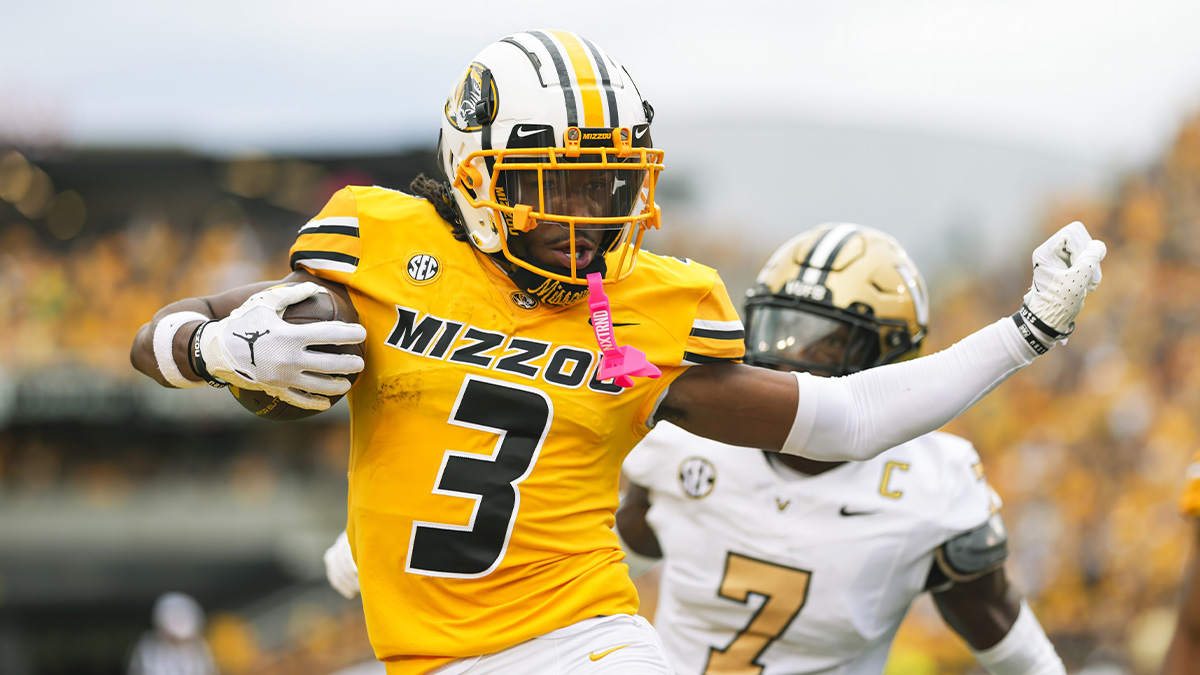
The alternative paths were far more logical. This draft was deep in trench talent, especially in the early Day 2 window. Whether it was a left tackle prospect to push or eventually replace Braxton Jones, or a pass rusher to take pressure off Montez Sweat, the value was there. The Bears ignored it. In doing so, they may have set themselves up for another season where the shiny toys on offense are undercut by poor protection or an inability to get stops.
Final Word
The Bears' biggest mistake in the 2025 NFL Draft wasn’t necessarily selecting a bad player. In all reality, Luther Burden might turn out to be a serviceable pro. Still, he wasn’t what the team needed. Not now. Not with the opportunity to shore up areas that have consistently plagued Chicago’s chances of climbing into contender status.
Great teams know when to indulge and when to address the essentials. The Bears got caught up in the former and neglected the latter. For a franchise trying to build the right foundation around a generational quarterback, that’s a dangerous precedent to set.
Time will tell if Burden makes this front office look smart. But for now, the Bears' decision feels like a step backward dressed up in explosive highlights. And in a league defined by the battle in the trenches, that kind of mistake can undo everything else.
